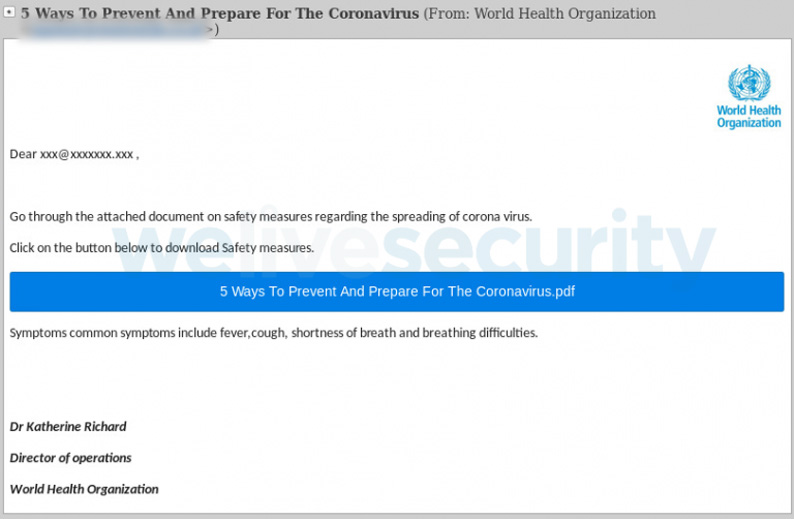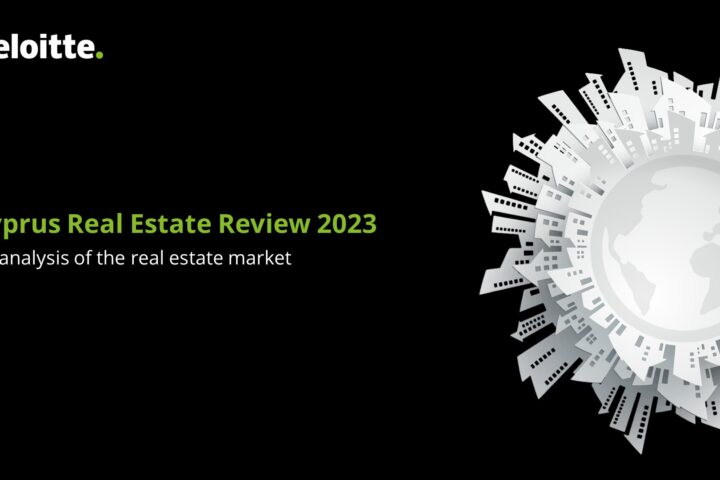Scammers are taking advantage of the coronavirus scare with con artists launching fraudulent campaigns that feed off, and cash in on, the climate of concern, according to an expert at cybersecurity firm ESET.
“Against the backdrop of a disease that has so far caused more than 4,000 deaths and continues to spread, scammers have wasted no time in playing on people’s fears or evoking feelings of compassion,” said Tony Anscombe, Chief Security Evangelist at ESET.
Some of the common cons the public should be aware of range from malware-laden emails to fake donations, he said.
“Some cybercriminals clearly think that all their Christmases have come at once: an anxious population, vulnerable people at the highest risk, excessive demand for goods no longer in stock, and masses of disinformation sloshing around on social media – all this equates to a massive opportunity to prey on people and attempt to defraud them while they are at their most susceptible,” Anscombe wrote in his blog on the ESET website.
Some cybercriminals clearly think that all their Christmases have come at once: an anxious population, vulnerable people at the highest risk, excessive demand for goods no longer in stock, and masses of disinformation sloshing around on social media – all this equates to a massive opportunity to prey on people and attempt to defraud them while they are at their most susceptible.
The scams can take various forms, and the ESET research team has shared a few examples on their website of the tactics seen in use recently.
These include malicious news with emails purporting to be from the World Health Organisation, a phishing website attempting to impersonate the Wall Street Journal (WSJ), fake charities, scammers sending spam emails in a bid to dupe the victims into thinking they can order face masks that will keep them safe from the novel coronavirus.

“What happens instead is that the victims will unwittingly reveal their sensitive personal and financial information to the fraudsters,” Anscombe warned, adding that Google Trends showed that search volumes for terms such as ‘hand sanitizer’ and ‘face masks’ were reaching unprecedented levels.
“With demand for these products outstripping supply, con artists have been increasingly targeting people who are looking to take protective measures. According to Sky News, fraudulent face mask sellers swindled people in the UK out of £800,000 (US$1 million) in February alone.
“Face masks are in very limited supply, so be savvy about product claims and only purchase from a trusted vendor that you would normally trust with your order (and credit card details!),” Anscombe said, adding that remaining vigilant, identifying and ignoring the product of cybercriminals and cyber-nuisances involved in scams or fake news is essential.
The ESET expert has also included a list of what to look out for from such scammers.
“Be especially wary of emails that add to the sense of alarm and urge you to take immediate action or offer COVID-19 vaccines or cures,” he concluded.







